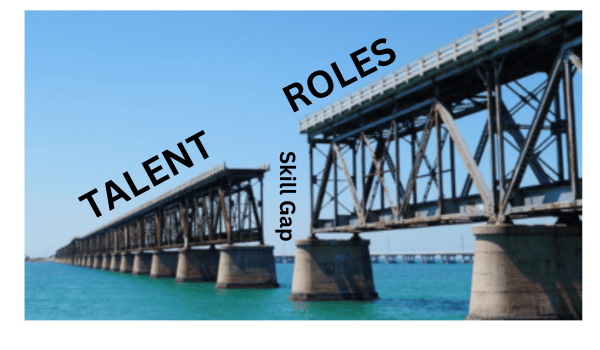Is there a mismatch between talent and role? Clearly, there is. Why else are talented youngsters failing to find the right role? That too, when the job seekers/students as well as the recruiters/HR accept that skill set is the primary consideration during hiring. There seems to be a gap in the way students and HRs view curricula effectiveness. While a very encouraging 91 per cent of students feel their college curricula adequately prepare them for a job, a significant 66 per cent of the recruits feel that skill gap is a major hurdle when it comes to campus hiring. A good 42 per cent of the university partners feel that lack of preparation is evident during campus hiring.
These revelations are made by the Unstop Talent Report 2024.
So what changes do members of the HR fraternity think can be brought about in the college curricula so that students studying these can land better jobs and be offered perfect opportunities?
Greater exposure to real-world projects is the need of the hour feels the HR fraternity. Secondly, students need to get a chance to practically apply the knowledge they gain. They need to be given more opportunities to do so. The third change they wish for is increased focus on enhancement of problem-solving skills of the students.
The students agree to this. A competition is the ideal platform to allow access to all the three facets of improving a student’s employability. More competitions, hackathons and the like need to be organised to allow students to apply their learning. The more they participate in such competitions, the better their curriculum vitae will look and the more employable they become.
Competitions aren’t the only way students are opting to upskill themselves. They are also relying on online courses, internships, live projects and guest lectures.
In fact, 67 per cent of b-school students upskill via online courses, while 63 per cent do it via internships, and 60 per cent seek live projects. A significant 77 per cent of e-school students upskill via online courses, 74 per cent via internships and 65 per cent via live projects.
When it comes to Arts, Science and Commerce students, 75 via internships, 76 per cent via online courses and 66 per cent via certifications.
Of the university partners surveyed, 42 per cent believe lack of preparation keeps students from bagging good placements, irrespective of the quality of the companies participating in the campus hiring.
The biggest challenge for the HR when it comes to campus hiring is the skill gap and the inability to discover the right talent. Therefore, for most recruiting managers and HR, the year 2024 will be all about looking for the best way to find, engage and assess quality talent.
That means, in terms of priorities, the topmost priority will be to attract and engage the best talent, followed by discovering the right talent, reducing the hiring time, prioritising upskilling and reskilling and ensuring skill-based hiring, in that order.
In addition to these, there will be increased focus on diversity hiring in 2024. A whopping 84 per cent of the HR fraternity feels that it is essential to provide equal opportunities to applicants across genders in order to make hiring more diverse and inclusive.


